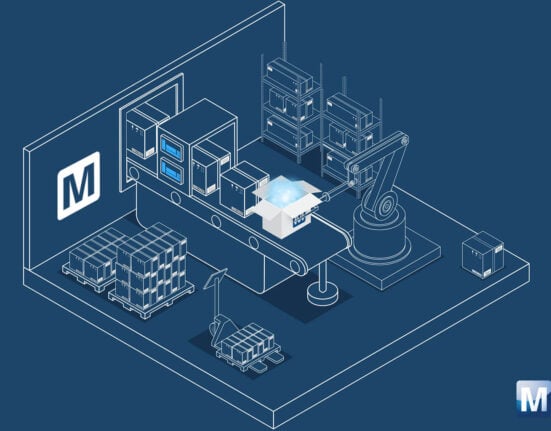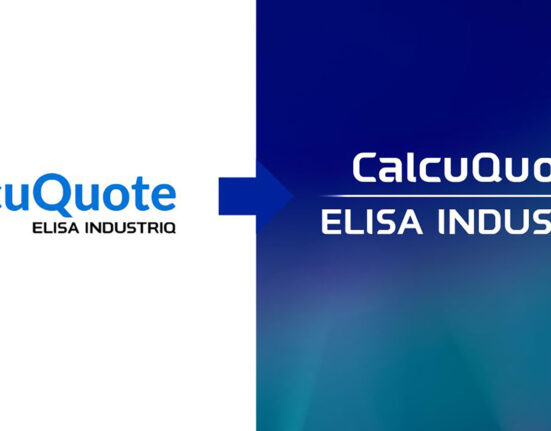The European Semiconductor Industry Association (ESIA) hosted a high-level policy event in Brussels, bringing together key voices from industry and government to discuss the future of Europe’s semiconductor strategy. The event, entitled ‘Next-level policy blueprint for Europe’s chip ambitions’, marked a timely intervention as the review of the EU Chips Act officially gets underway.
Frédérique Le Grevès, STMicroelectronics EVP Public Affairs Europe and President of ST France, who serves as Vice-President of ESIA, declared: “Europe has the technologies, the talent, and the ambition to lead in key segments of the semiconductor industry in Europe – but we must move faster. The revision of the EU Chips Act is an excellent chance for the EU to develop a vision for an industrial strategy and implement it in a way that strengthens the European semiconductor ecosystem. Europe’s strengths – in sensors, microcontrollers, power semiconductors, Edge AI – align perfectly with the needs of key end markets such as AI infrastructure and applications, automotive, factory automation, robotics, connectivity, energy infrastructure, aerospace, and defence. If a second EU Chips Act helps us scale those strengths, we will be in a better position to lead in key technologies underpinning the next wave of global growth.”
During the high-level event, policymakers, industry leaders, and stakeholders engaged in a forward-looking dialogue on how the semiconductor ecosystem in Europe can be strengthened. The event featured keynote speeches from Member of the European Parliament Matthias Ecke (Socialists and Democrats, Germany), and Dr Andreas Schumacher, Executive Vice-President and Head of Strategy, M&A at Infineon Technologies.
The subsequent panel discussions explored how Europe’s semiconductor policy framework must evolve to meet the challenges of global competition, technological sovereignty, and supply chain resilience. It featured perspectives from the manufacturing side through Ms Le Grevès, as well as up- and downstream views from CEA-Leti Chief Executive Officer Sébastien Dauvé and Pierre Millette, Chief Technology Officer at the European Automobile Manufacturers’ Association (ACEA). Furthermore, Dr Tim Schulze, Senior Policy Officer at the German Federal Ministry for Economic Affairs and Energy, provided policymakers’ insights from the EU’s most populous Member State. Discussions focused on the need for a more agile, innovation-driven approach that supports both industrial growth and strategic autonomy.
The event concluded with closing remarks from Pierre Chastanet, Head of Unit for Microelectronics and Photonics at the European Commission, who reaffirmed the Commission’s commitment to working closely with stakeholders to shape the next phase of semiconductor policy. As Europe revisits its Chips Act, ESIA’s event served as a timely exchange for aligning public and private sector ambitions, ensuring that the continent remains competitive and resilient in a rapidly evolving global landscape.







